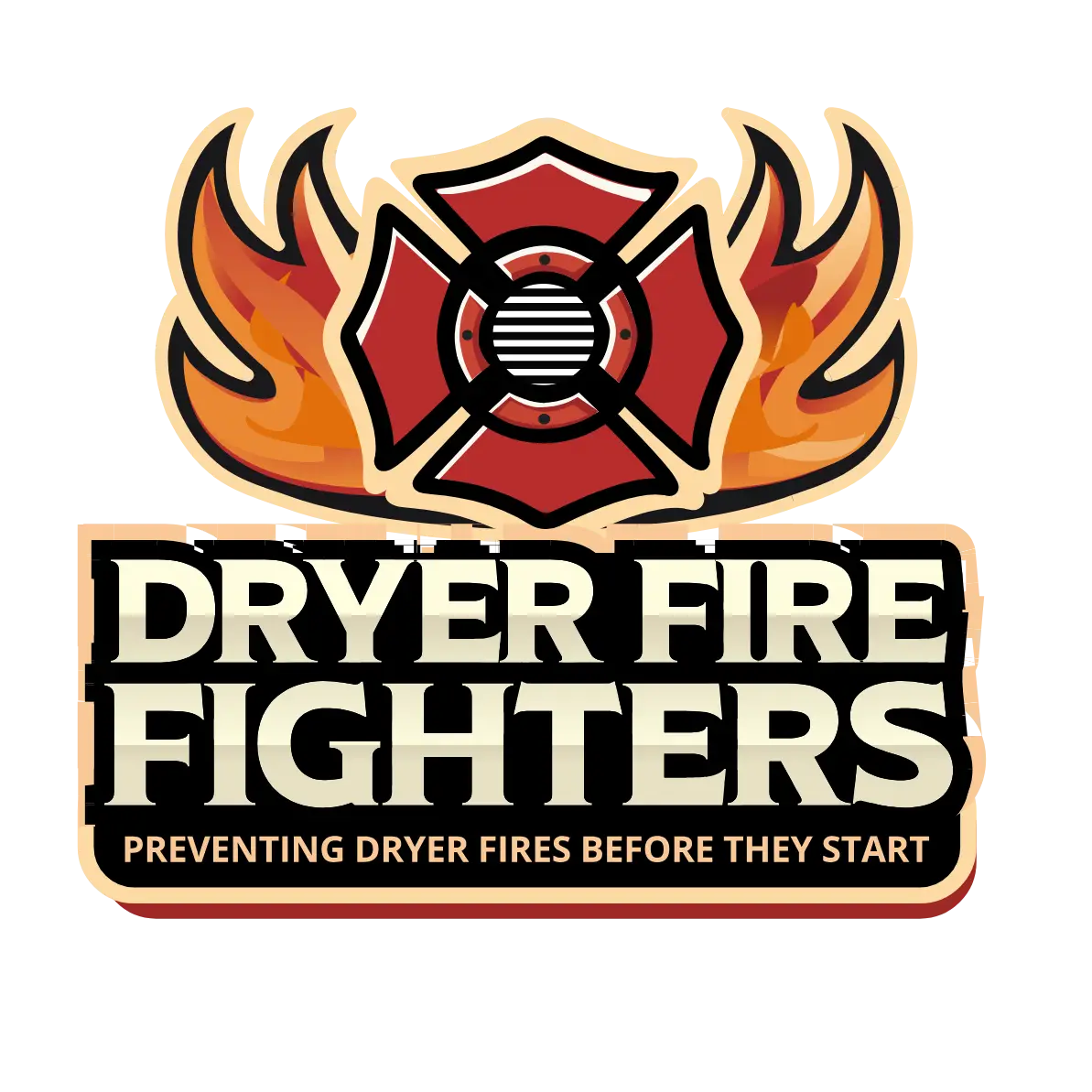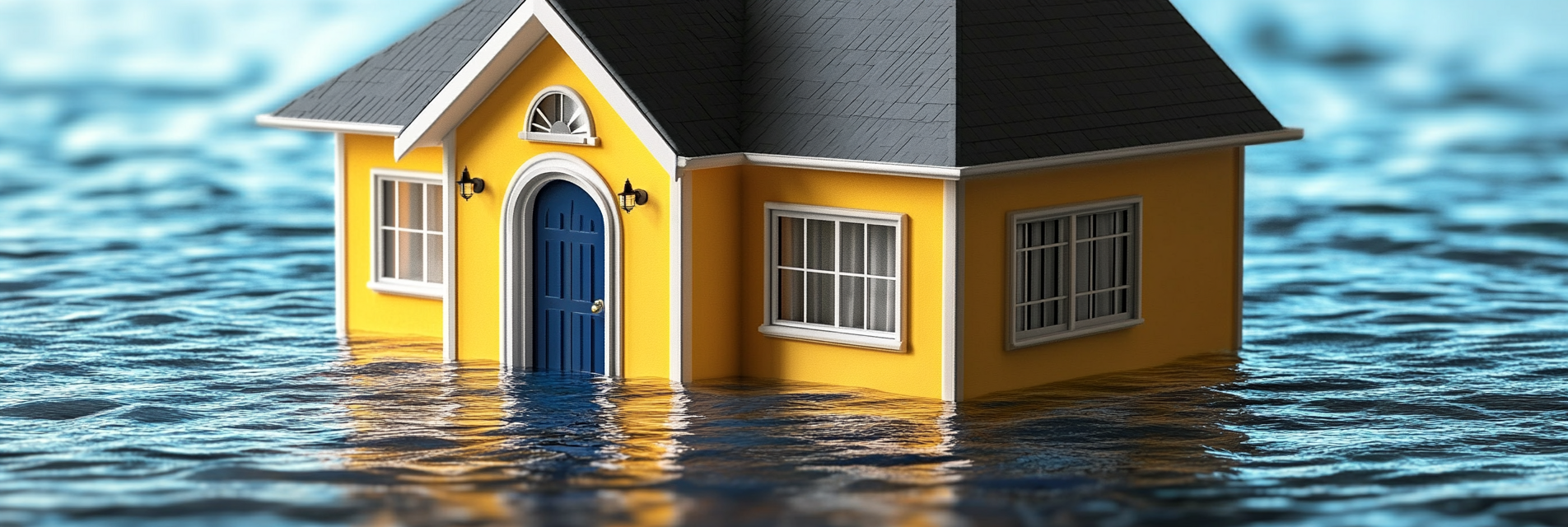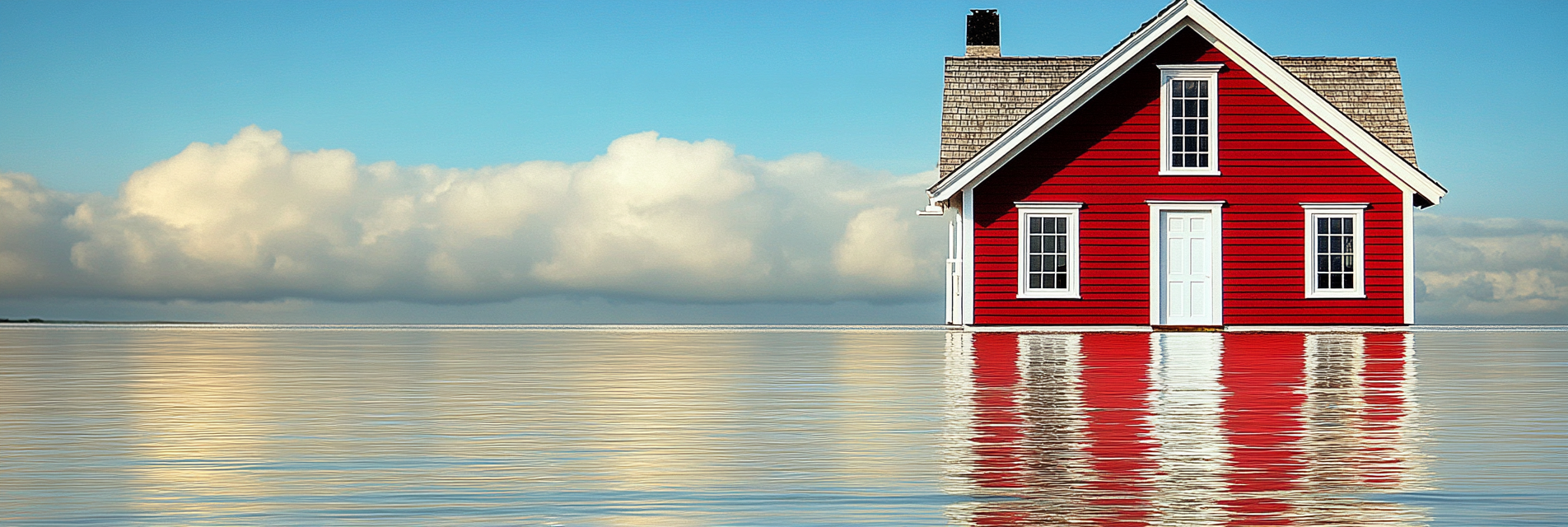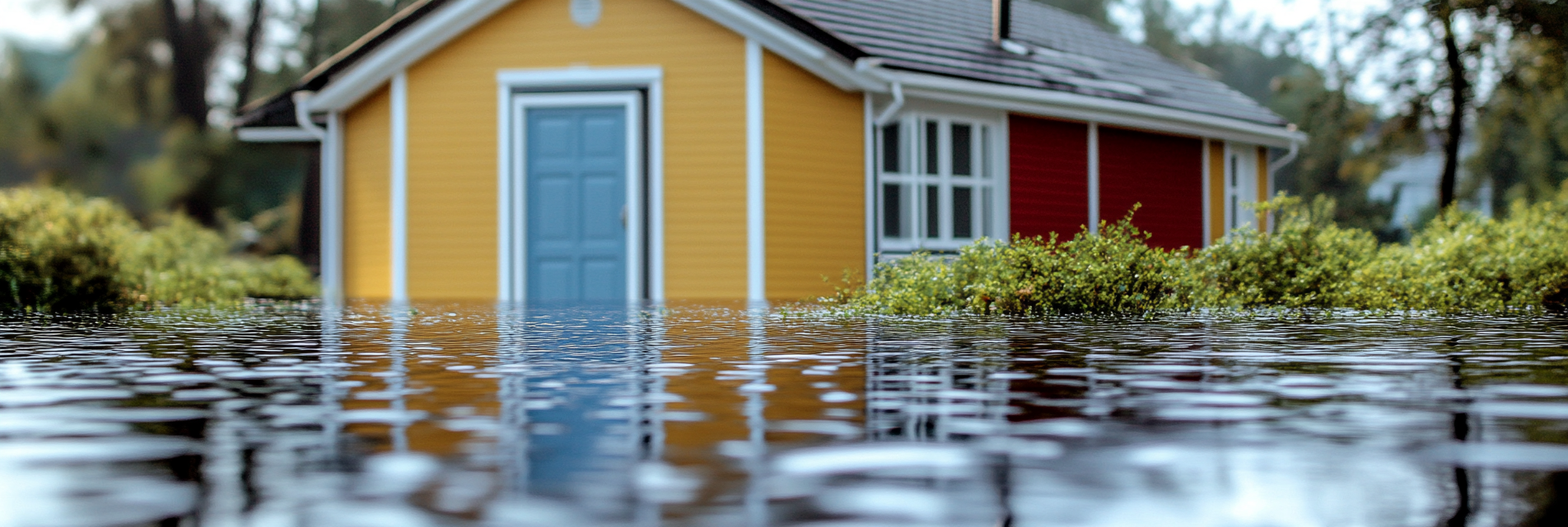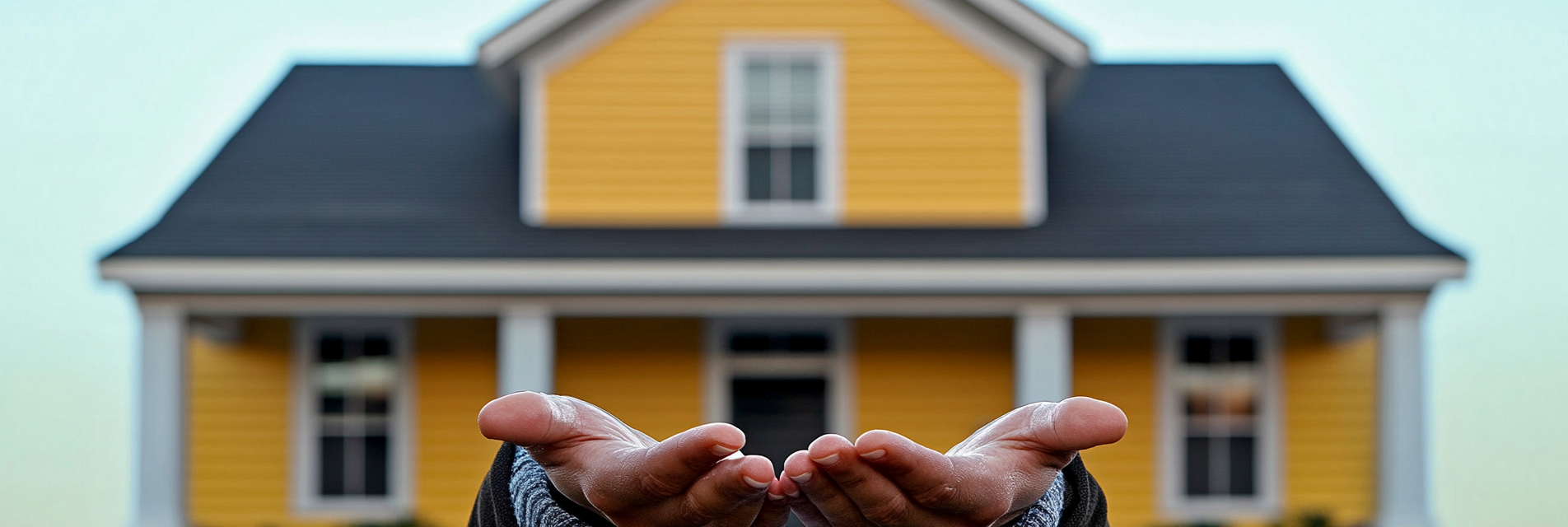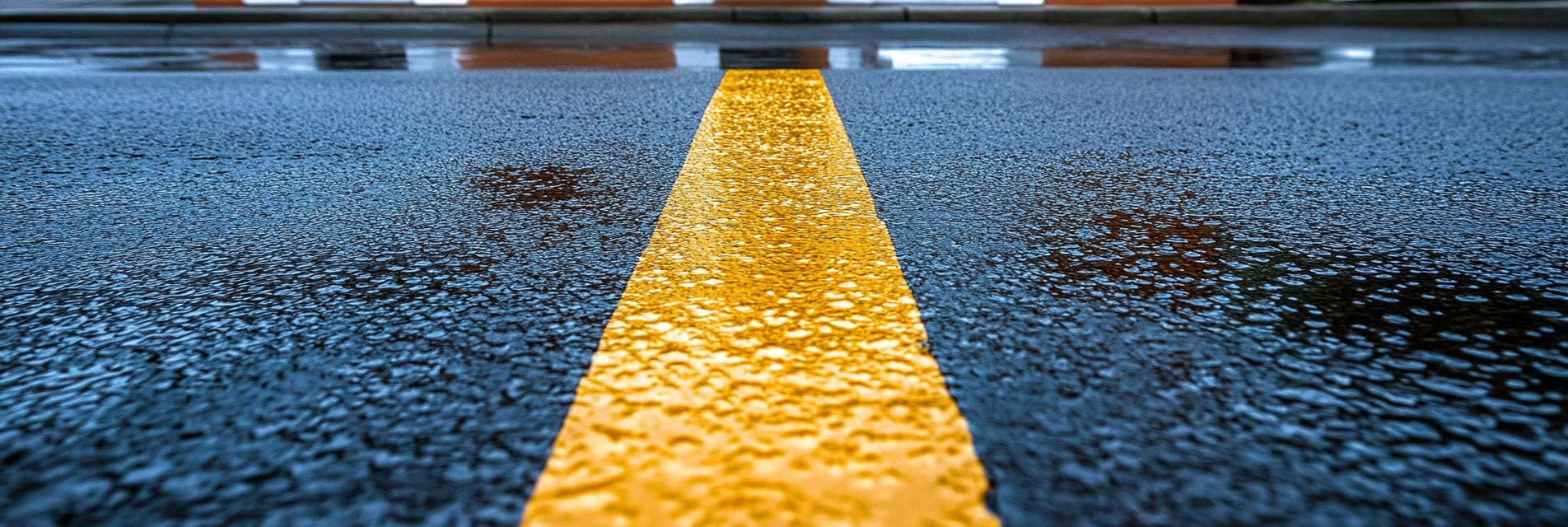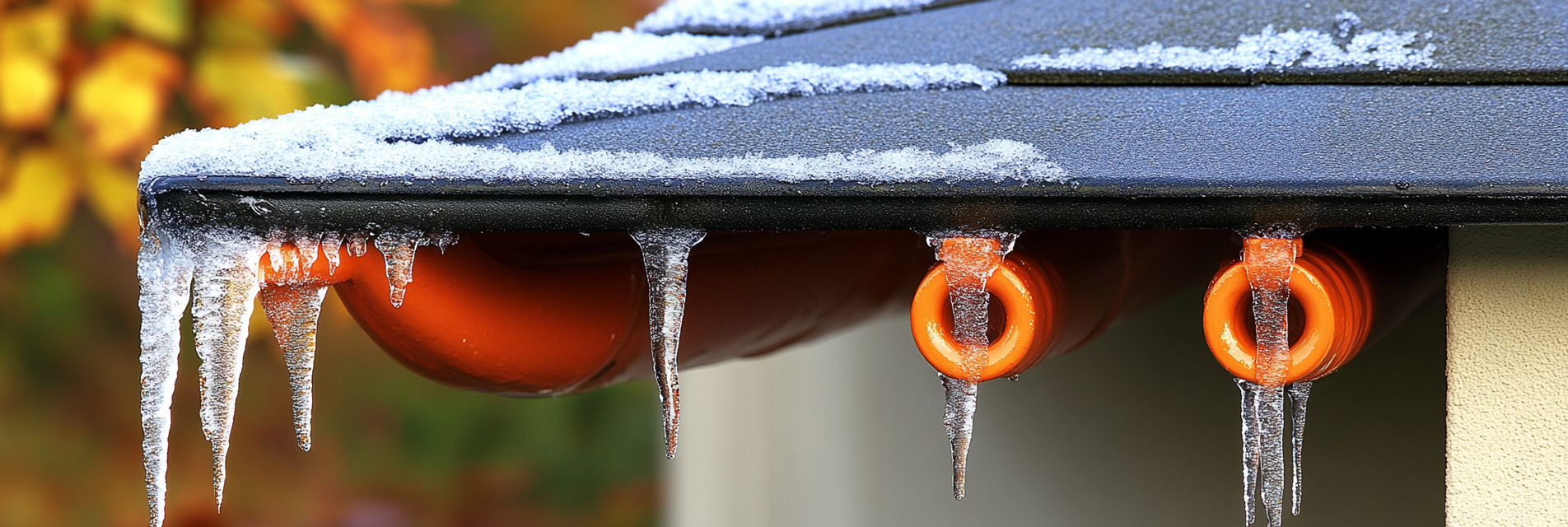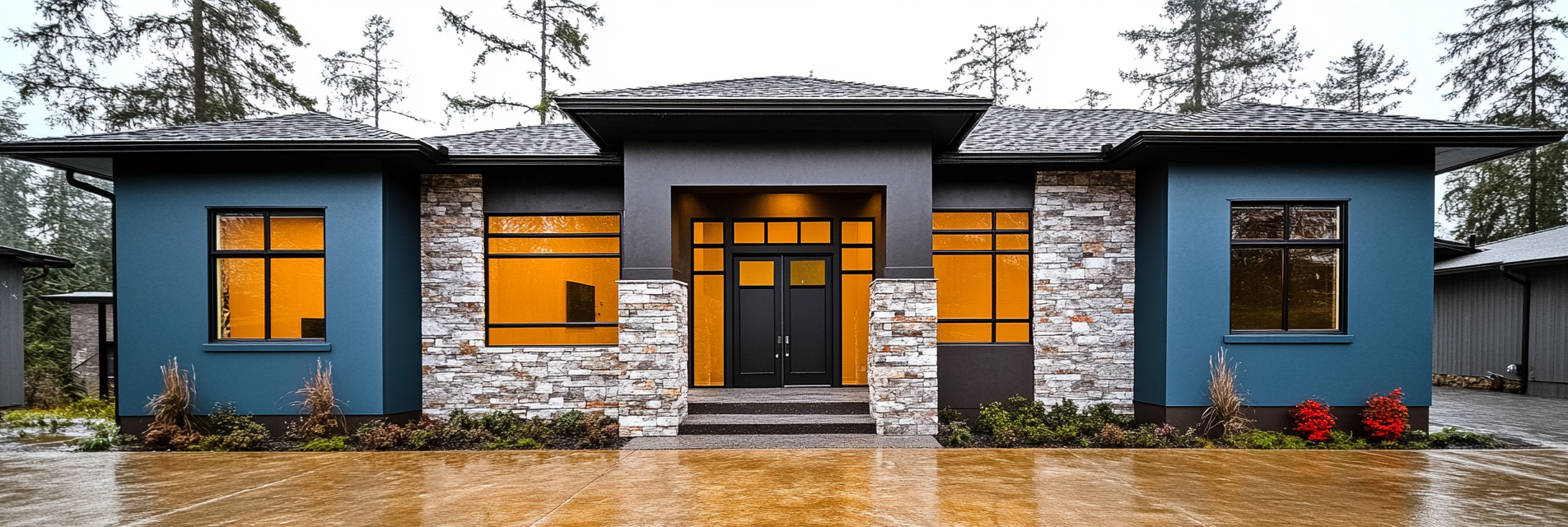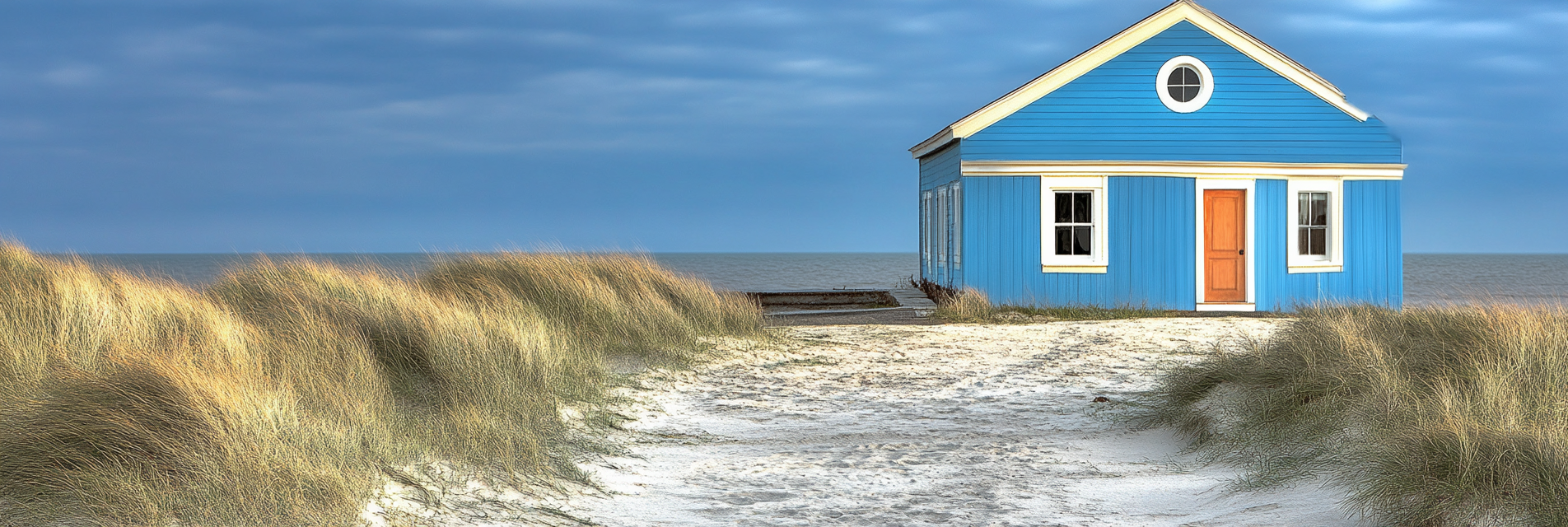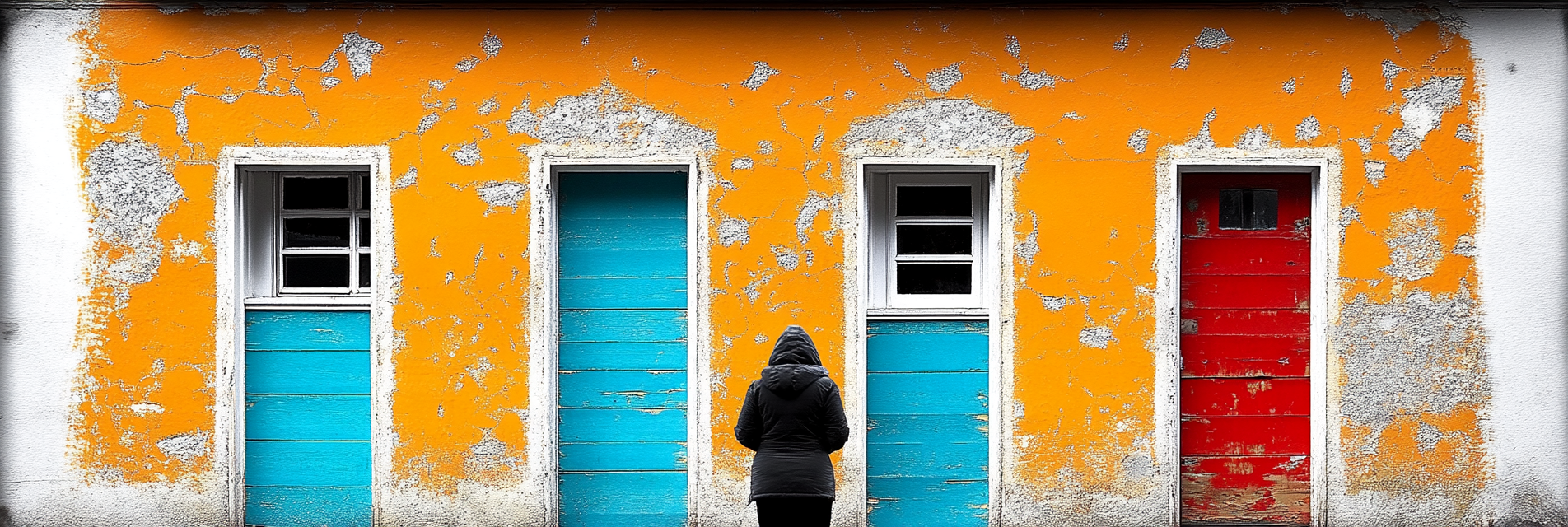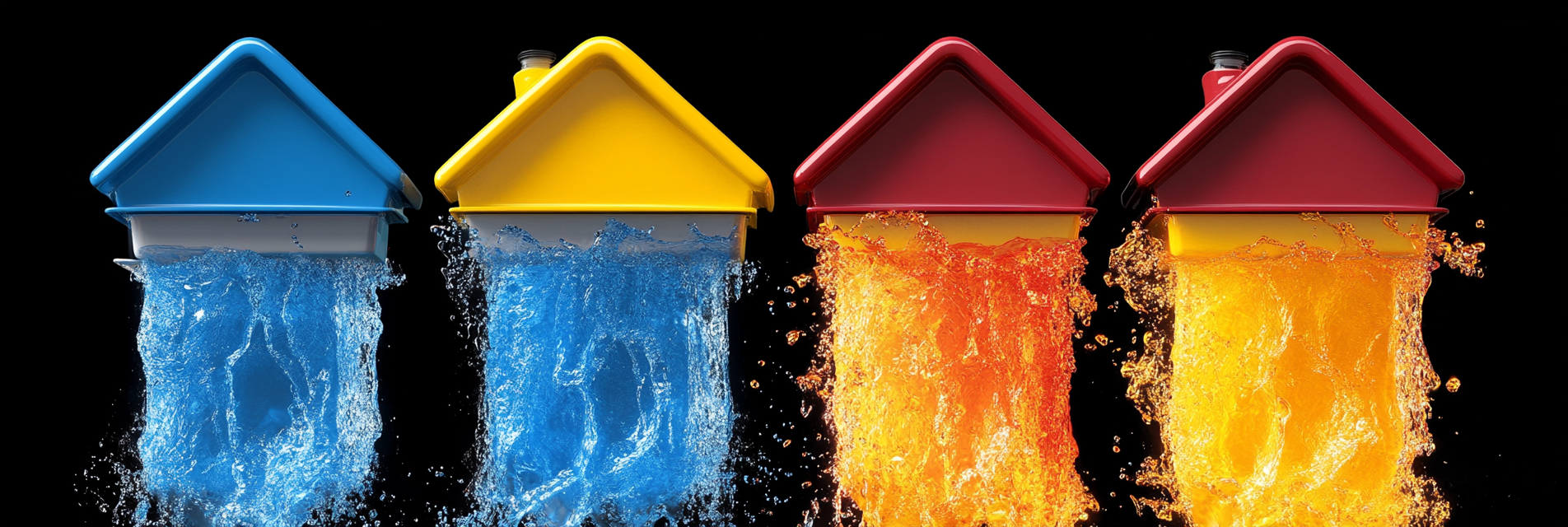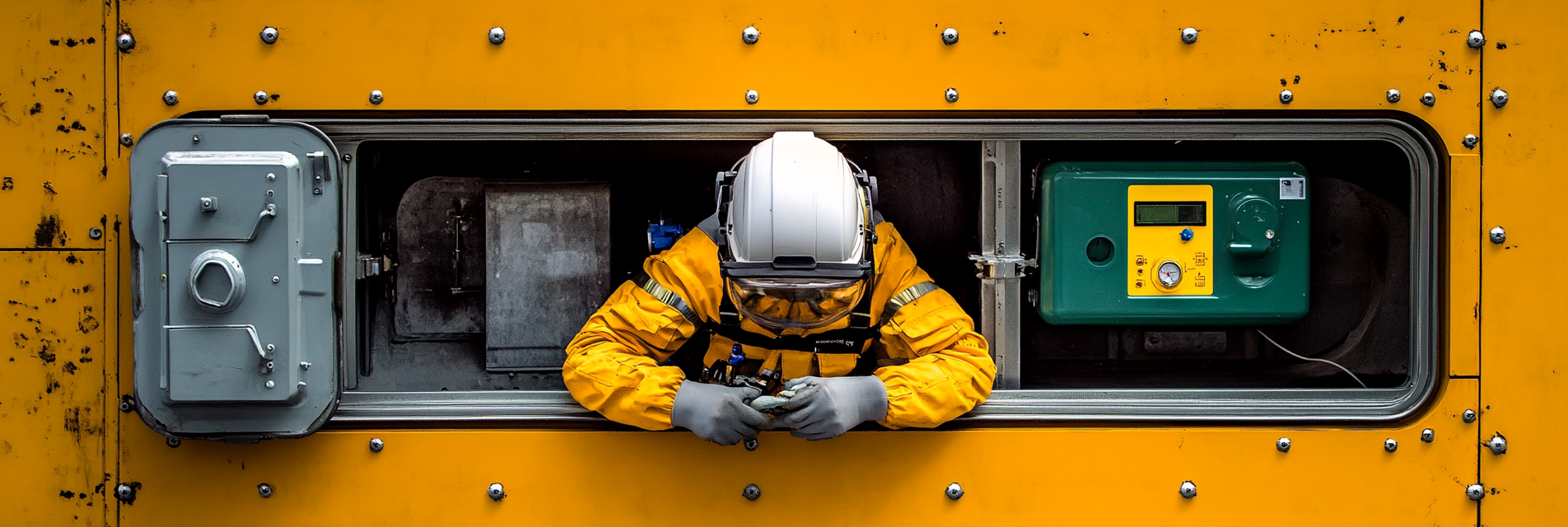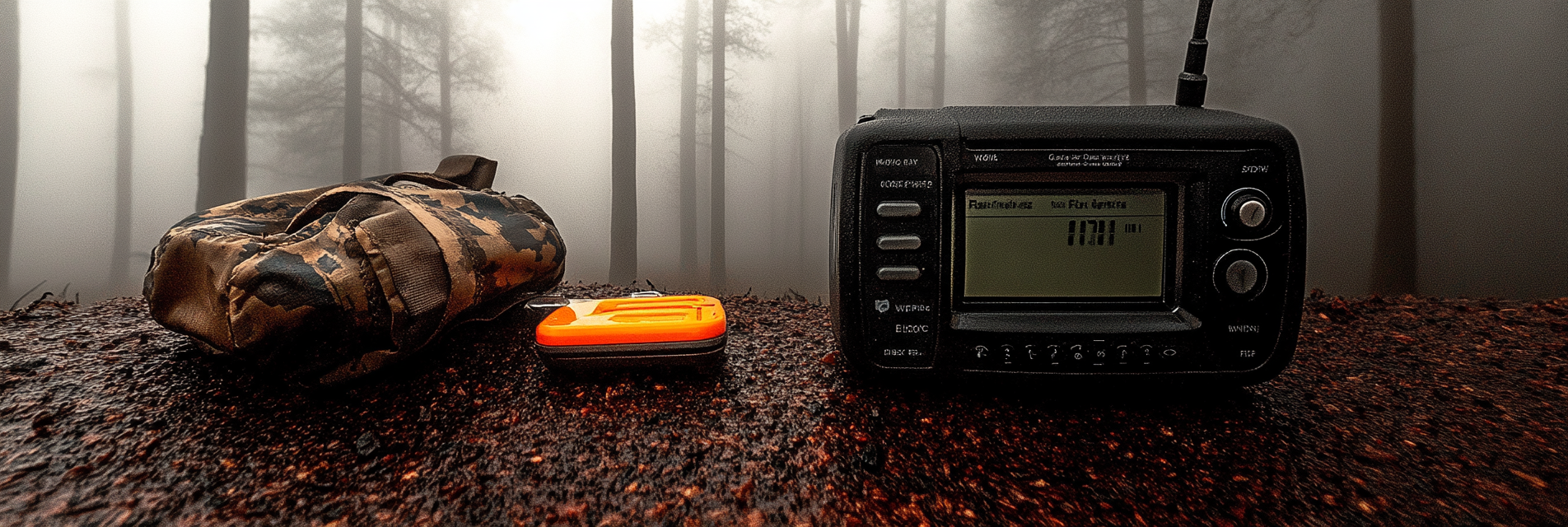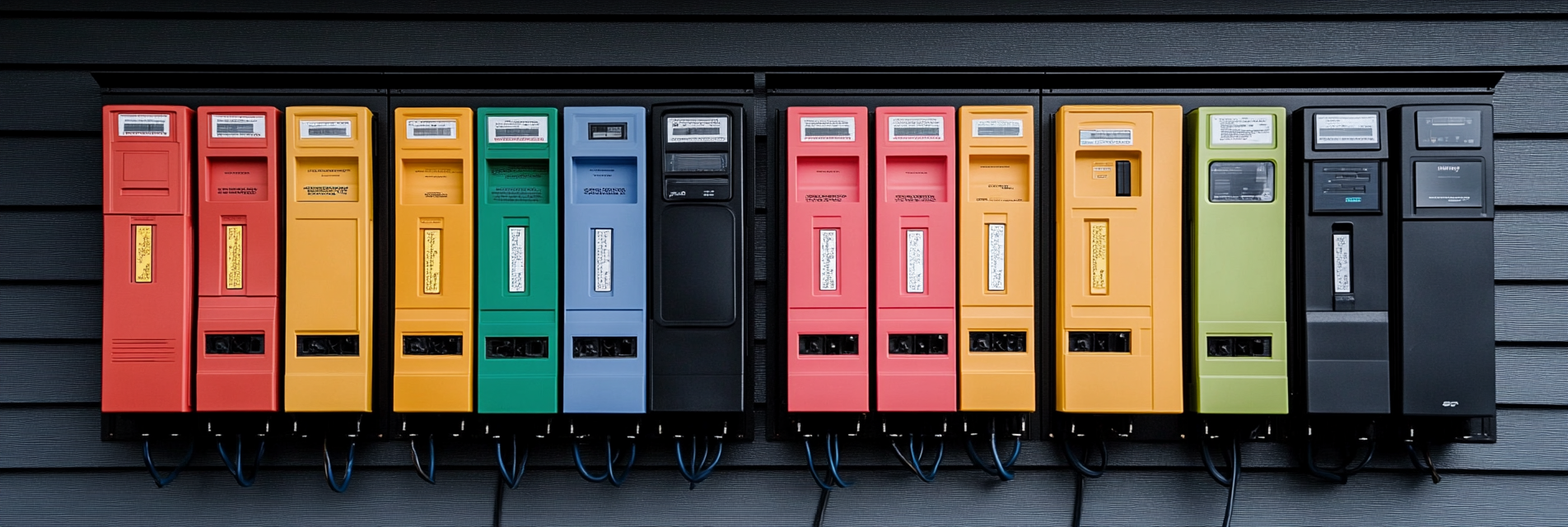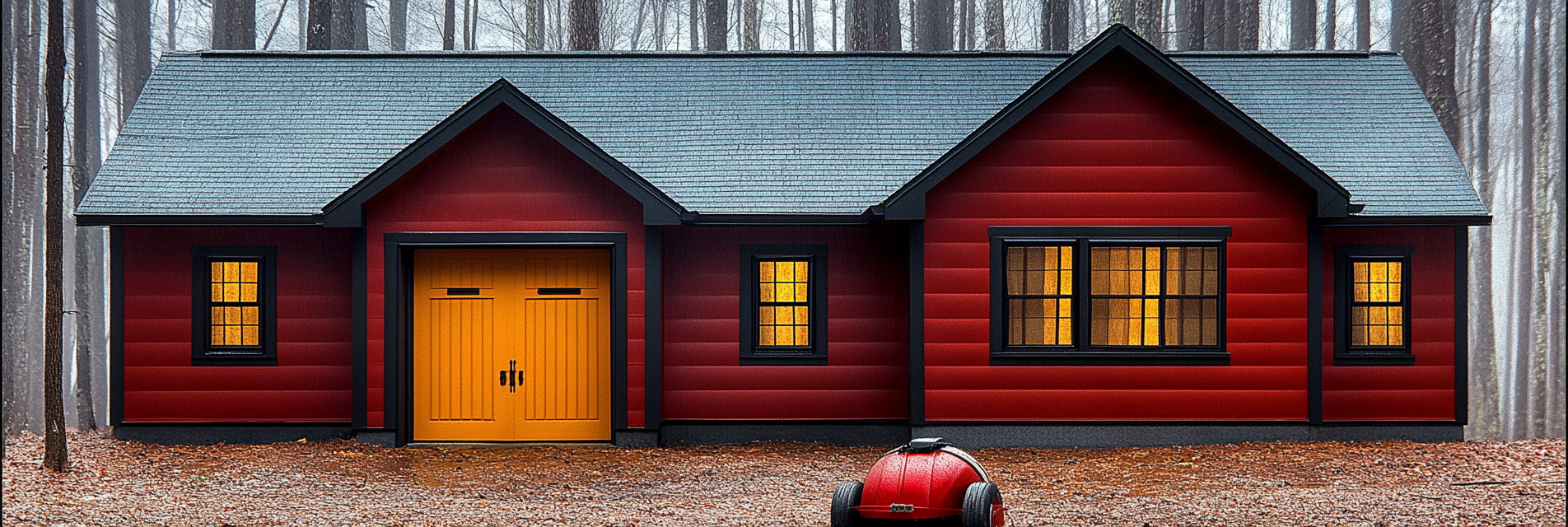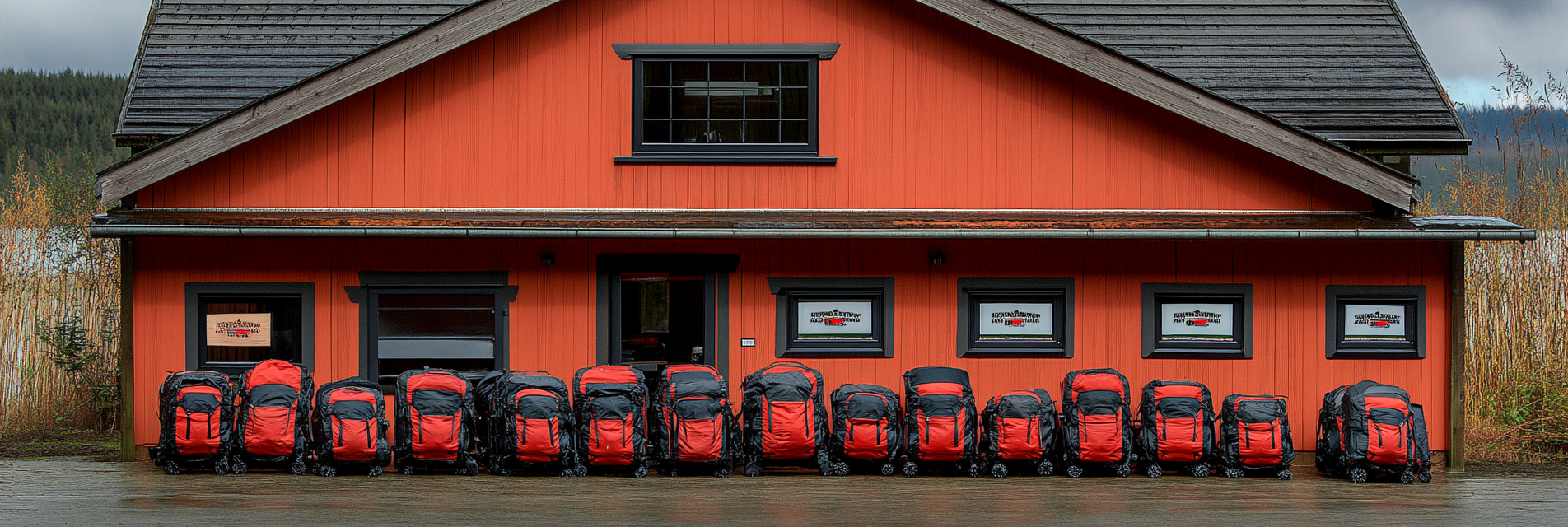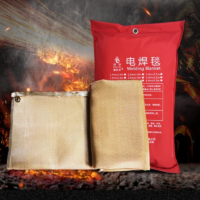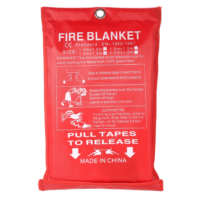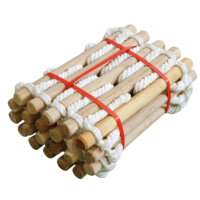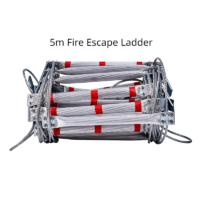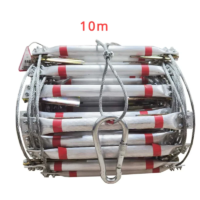Selecting the the right coverage for your home owner’s policy is definitely a challenge. With so many policy options and additional endorsements available, understanding how to choose a policy that meets your needs is important. This article provides a detailed guide on what to look for when choosing the type of insurance policy to protect your home here in Kennewick, Richland, or Pasco from disasters.
1. Understand the Basics of Home Insurance Coverage
Before diving into specific policy features, let’s start by making sure you undersand the basic components of home insurance and what it covers.
Standard Coverage Includes:
- Dwelling Coverage: Protects the physical structure of your home from damage caused by covered events such as fire, wind, and hail.
- Personal Property Coverage: Covers personal belongings, such as furniture, clothing, and electronics, from damage or theft. Did you know that if something big is stolen, it may be worthwhile to contact your insurance company?
- Liability Protection: Offers coverage if someone is injured on your property or if you cause damage to another person’s property. What if your tree falls on your neighbor’s house? Yes, that is your fault and responsibility. Keep your trees trimmed and if one looks weak, consider having it removed.
- Additional Living Expenses (ALE): Pays for temporary living costs if your home becomes uninhabitable because of a disaster.
Pro Tip: Verify the policy’s specific list of covered perils and exclusions to ensure they align with potential risks in your area. The main things we have to worry about in the Tri-Cities appears to be wind and fire damage.
2. Evaluate Policy Limits and Deductibles
Choosing the right policy parameters involves finding the balance between coverage limits and deductibles that work with your budget and the risk you may want to take on with handling some of the repair costs on your own.
Key Considerations:
- Dwelling Coverage Limits: Make sure your dwelling coverage is sufficient to cover the current cost of having to rebuild your house. This includes labor, materials, and any additional expenses for bringing the structure up to current building codes. If you aren’t sure what current codes are, call Ryan Brightman at Proper Home Inspections (https://properhomeinspections.com/).
- Deductibles: Higher deductibles can lower your premium but will result in higher out-of-pocket if you make a claim and it is approved.
- Replacement Cost vs. Actual Cash Value (ACV): Choose replacement cost coverage, as it reimburses the cost to replace damaged items without factoring in depreciation. It will cost a little bit more, but definitely worth it in our opinion.
Example: If your home is insured for $300,000 but the cost to rebuild is $350,000 due to increased material prices, you could face significant expenses to make up the gap.
3. Look for Essential Endorsements and Riders
Endorsements can be added to your policies to provide additional coverage for risks that are not typically included.
Important Endorsements to Consider:
- Flood Insurance: Covers damage from flooding, which is often excluded from standard policies.
- Earthquake Insurance: Necessary for homeowners in seismically active areas. Not as big a deal here in the Tri-Cities, however.
- Water Backup Coverage: Protects against damage from backed-up sewers and drains. This happens more than you think.
- Ordinance or Law Coverage: Covers the cost of upgrading your home to comply with new building codes during repairs. This is something not often thought of as time passes.
Product Recommendation: Use a home insurance comparison tool to evaluate policy features and endorsements from different insurers. Before you begin, check out this article we posted about reviewing your current policy: https://dryerfirefighters.com/reviewing-your-home-insurance-policy-annually-why-its-important-and-how-to-do-it/
4. Assess the Insurance Company’s Reputation
The quality of the insurer you choose is just as important as the policy itself. You want one with a strong reputation for customer service and claims processing. Ask family and friends who they recommend. Make a post on your Facebook page or Nextdoor account. People love to share their good or bad experiences with you.
What to Check:
- Financial Stability: Ensure the company is financially stable by checking ratings from agencies like A.M. Best or Standard & Poor’s. A simple Google search will allow you to find independent ratings on different companies in Kennewick, Pasco, Richland, West Richland, and all our outlying areas – such as Connell, Benton, City, Burbank, etc.
- Customer Reviews: Read reviews to understand the experiences of other policyholders, focusing on claims processing and customer service. Claims processing reviews are what to really look for. Who care if the policy is the cheapest on the block if you aren’t going to get paid if a disaster strikes?
- Claims Process: Choose an insurer with a streamlined and transparent claims process. Easier said than done, but following the tips above should help.
Tip: Find out if they have 24/7 customer support.
5. Customize Your Policy Based on Your Needs
Your insurance needs will vary based on factors such as location, local risks, and your particular needs.
Personalized Considerations:
- High-Risk Areas: If you live in a high-risk area for floods, hurricanes, or earthquakes, supplemental coverage is definitely something to consider.
- Valuable Items: If you own high-value items like jewelry, art, or collectibles, consider adding a personal property endorsement and make sure the items are actually called out in the policy endorsements.
- Home Upgrades: Make sure recent home renovations or additions are reflected in your policy coverage.
Safety Tip: Maintain a detailed home inventory and update it regularly to ensure your policy covers all your belongings. We like to use our phones to take pictures and video and save them in iCloud or OneDrive in case we lose our phones.
6. Work with an Experienced Insurance Agent
Navigating policy options can be complex, and working with an experienced insurance agent can provide clarity and guidance. We highly recommend Adam Hoover at Country Financial (https://advisors.countryfinancial.com/usa/wa/kennewick/adam-hoover). That’s who we personally do business with.
Benefits of Consulting an Agent:
- Tailored Advice: Agents can recommend specific policies and endorsements based on your unique needs and risk factors.
- Policy Comparison: They can help you compare different policies and insurers to find the best coverage.
- Expert Support: Insurance agents can assist you understand the proverbial fine print and policy limitations you might otherwise think aren’t there.
Pro Tip: Choose an insurance agent who can provide quotes from multiple companies for a wide range of comparisons.
Conclusion
Choosing the right home insurance policy involves more than just getting a cheap premium. By understanding the basic components of coverage, evaluating policy limits, and working with an experienced agent, you can ensure your home is protected against potential disasters. Dryer Fire Fighters highly recommends all Tri-Cities homeowners review their policies regularly and work with trusted local professionals to stay informed and be prepared for home emergencies.
Serving the communities of:
Kennewick | Pasco | Richland | West Richland | Finley | Burbank | Benton City | Prosser | Grandview | Connell
As the sole certified dryer exhaust technician recognized by CSIA.org in the Tri-Cities area, Paul brings a wealth of expertise to fire prevention. His primary focus lies in addressing the root cause of many residential fires: lint buildup in dryer cavities and vents. Through rigorous inspections and thorough cleanings, Paul ensures that families and businesses can enjoy peace of mind, knowing their properties are safeguarded against fire risks.
